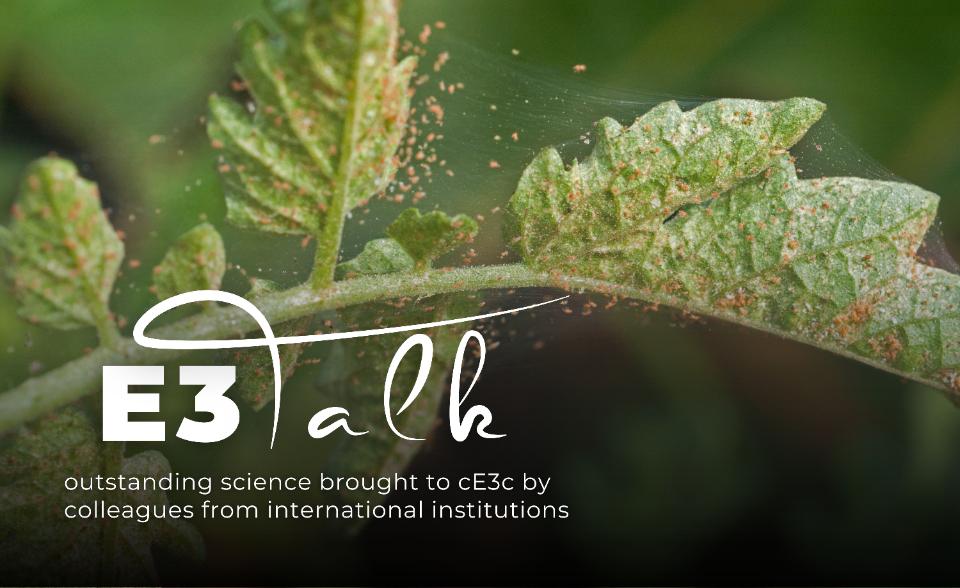-
Date:
26 Jan 2024
-
Location:
Room 2.2.14 - Faculty of Sciences of the University of Lisbon
-
Schedule:
11h00 (Lisbon time)
-
Lecturer or Responsible:
Dries Bonte

Online access • LINK
Password • e3talk
All species live in spatially structured and heterogenous environments where individuals move among and within local populations to minimise competition and to eventually maximise their fitness. Such movements create demographic dynamics where fitness expectations fluctuate in space and time and impose strong selection on traits related to competitive ability and dispersal. By their impact on gene flow, processes of local adaptation can be facilitated or compromised. These eco-evolutionary dynamics are consequently central to the functioning of metapopulations, and eventually to their persistence in a changing world.
We have a profound theoretical understanding on the relationship between dispersal and local adaptation but lack insights on how the evolution of life histories and metapopulation dynamics are intertwined in environments characterised by changes in patch heterogeneity and connectivity. Combining experimental evolution of spider mite metapopulations and individual-based modelling, I will demonstrate that eco-evolutionary trajectories of metapopulations are jointly dependent on the metapopulation topology and dispersal mode, and that such dynamics often (mostly) don’t follow predictions from theory. I will further demonstrate and speculate how insights from single species dynamics can be scaled-up to spatially structured systems inhabited by multiple interacting species.

